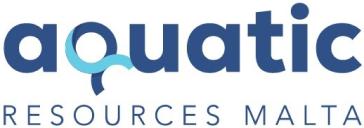Simtap.
This project aims to create a revolutionary approach for cultivating fish and vegetables in harmony with the environment. We’ll develop a Self-sufficient Integrated Multi-Tropic AquaPonic system (SIMTAP) that combines saltwater hydroponics in greenhouses with inland aquaculture.
SIMTAP is an ecosystem-based approach, replicating natural interactions. It uses interconnected cultivation units for plants (including algae), fish (like sea bream), and filter feeders (such as bloodworms and mussels). In this closed-loop system, waste from one level becomes nutrient-rich fertilizer or feed for another, minimizing waste and maximizing resource efficiency.
Environmental and Economic Benefits:
- Reduced environmental impact: SIMTAP minimizes the environmental footprint of food production by utilizing a circular economy approach.
- Water conservation: The system can be coupled with brackish water reuse from greenhouses, acting as a bioremediation unit for wastewater while recycling valuable nutrients.
- Increased efficiency: SIMTAP optimizes resource utilization, reducing water, energy, and other input needs compared to traditional methods.
- Sustainable Aquaculture in Malta: The project specifically targets promoting a more environmentally friendly and efficient industrial aquaculture industry in Malta.
